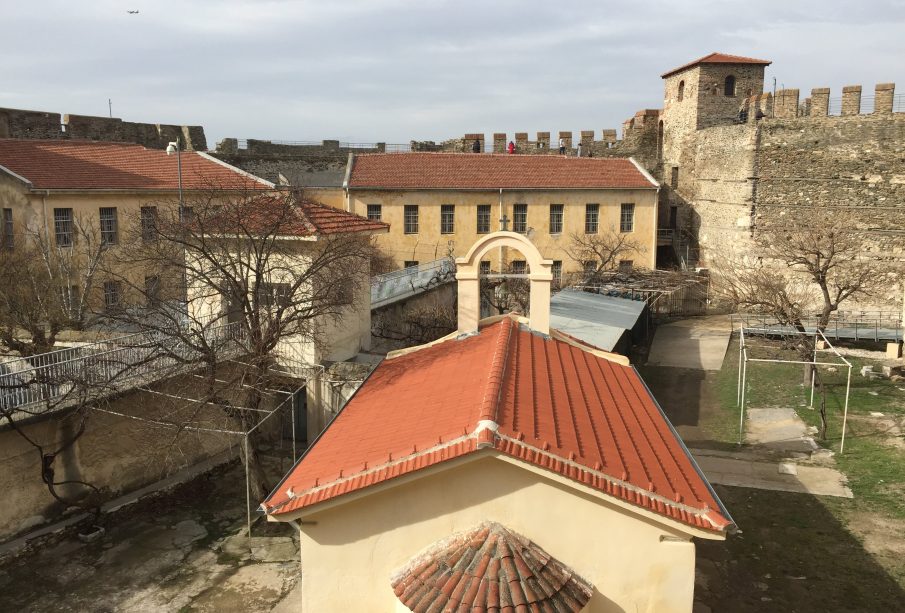Thessaloniki: A Cultural Gem in Greece’s Tourism Landscape

Introduction: The Importance of Thessaloniki
As Greece’s second-largest city, Thessaloniki holds significant cultural, historical, and economic importance in the Mediterranean region. Known for its rich history, vibrant atmosphere, and stunning architecture, Thessaloniki has recently become a focal point for tourism in Greece. In the wake of the pandemic, the city is witnessing a resurgence of interest from international travellers, making it essential to explore the factors contributing to its growth as a tourist destination.
Main Body: Thriving Tourism and Cultural Offerings
The tourism sector in Thessaloniki has experienced a notable recovery in 2023, with the city welcoming visitors eager to explore its unique blend of ancient history and contemporary culture. According to the Greek National Tourism Organisation (GNTO), the city has seen an increase in arrivals, with a reported 25% rise in international flights compared to the previous year.
Key attractions such as the White Tower, the Rotunda, and the Byzantine Walls highlight the city’s rich tapestry of history that dates back to its founding in 315 BC. Additionally, Thessaloniki is renowned for its festivals, such as the Thessaloniki International Film Festival and its renowned culinary scene, featuring traditional Greek cuisine and local delicacies.
Furthermore, the city has invested in infrastructure improvements that facilitate better accessibility and provide enhanced experiences for tourists. Public transport upgrades and the development of new hotel accommodations cater to the growing influx of visitors, reinforcing Thessaloniki’s status as a significant player in regional tourism.
Conclusion: The Future of Thessaloniki in Tourism
Thessaloniki’s growth trajectory in the tourism sector is promising, with forecasts indicating sustained increases in visitor numbers. As more travellers discover its cultural offerings and historical significance, the city is poised to solidify its role as a key destination in Greece and the broader Mediterranean region.
Moreover, stakeholders are encouraged to continue investing in sustainable tourism practices to preserve Thessaloniki’s unique heritage while accommodating an ever-growing number of tourists. For potential visitors, Thessaloniki presents a rich experience that encapsulates the essence of Greece – a meld of past and present that is both captivating and enlightening.








